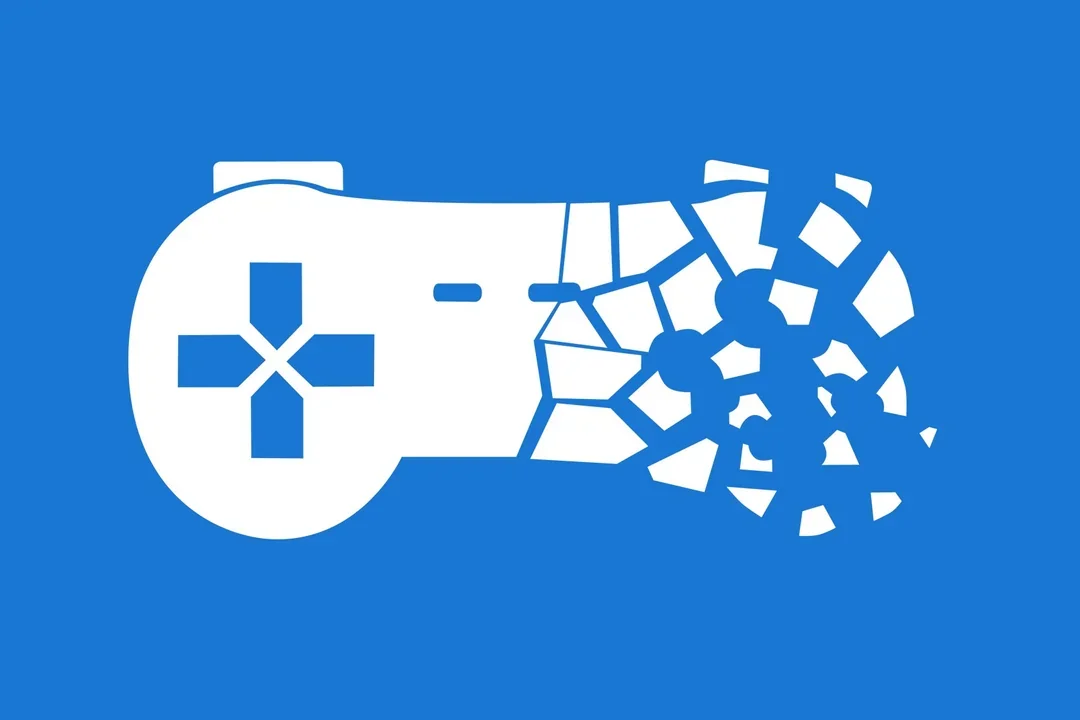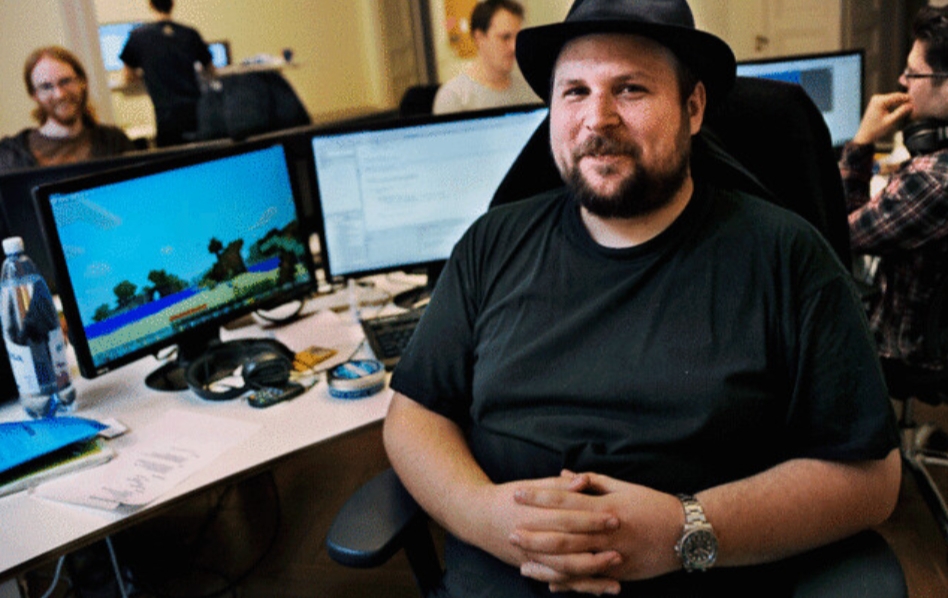Key Takeaways
Created with AI - we're still experimenting, so apologies if it misses the mark
- Markus Notch Persson, creator of Minecraft, has reignited the debate surrounding game piracy and digital ownership, aligning his controversial views with the Stop Killing Games initiative.
- The Stop Killing Games campaign aims to prevent publishers from permanently shutting down online games, making them unplayable through server closures, sparking questions about the nature of digital purchases.
- Notch advocates for player-driven servers in future games as a means to preserve games and keep communities active without relying solely on publisher support.
- The debate has led to concern within the video game sector, with companies arguing that maintaining games online indefinitely would incur high costs, pose risks to intellectual property and security, potentially hindering innovation and making new game production less viable.
Markus Persson’s View on Game Piracy Reemerges with Digital Ownership Debate under Stop Killing Games Initiative
Markus “Notch” Persson, creator of Minecraft, has reignited the debate surrounding game piracy and digital ownership, aligning his controversial views with the “Stop Killing Games” initiative. His recent comments come amidst growing player dissatisfaction with server shutdowns and the resulting loss of access to purchased content. Persson has long maintained that if buying a digital game does not confer permanent possession, then pirating it cannot be considered theft. He first articulated this viewpoint in 2011 during the Game Developers Conference, stating that piracy “doesn’t take anything from anyone, only creates another copy.” That same year, he even encouraged a fan to pirate Minecraft if they could not afford it, suggesting they purchase it later if they enjoyed the game.
The issue resurfaced when Persson reappeared on social media on July 7, 2025, sparking a heated discussion about ownership and piracy. In a chat with YouTuber Daniel Sumpton and indie developer Pirate Software, he asserted, “If purchasing a game isn’t really buying, then pirating them isn’t stealing.” He later reiterated this point on July 9, 2025, in a tweet responding to Pirate Software’s criticism of the “Stop Killing Games” campaign, even calling Pirate Software a “nepo baby.” Although he backed the campaign with his statements, Persson did not sign the petition. The “Stop Killing Games” campaign, founded by Ross Scott, aims to prevent publishers from permanently shutting down online games, making them unplayable through server closures. The movement highlights cases like Anthem, developed by BioWare and EA, which is set to become unplayable from January 2026. Such decisions prevent new players from experiencing games and cut off access for existing owners, prompting questions about the nature of digital purchases.
The petition initiated by the movement in Europe has already garnered over 1.3 billion signatures and is scheduled for official presentation to the European Commission. A parallel petition in the UK has also exceeded 180,000 signatures, compelling the British Parliament to discuss the matter. Scott emphasizes that the goal is not to abolish games but to ensure consumers retain access to content they have paid for, advocating for the return of features such as private servers, a common option in older games. The “Stop Killing Games” petition closes on July 31, 2025. The video game sector has reacted with concern. Video Games Europe, an association representing major companies like Nintendo, Microsoft, and Warner Bros., claims the proposal is disproportionate. They argue that maintaining games online indefinitely would incur high costs and pose risks to intellectual property and security, potentially hindering innovation and making new game production less viable.
Notch Advocates Player-Driven Servers for Future Games Amidst Potential Spiritual Successor Discussion
Despite having left Mojang, the creator of Minecraft remains engaged with industry topics. This year, he even surveyed his followers about interest in a spiritual successor to the game, though no such project has been confirmed. Notch addressed these criticisms by recalling that, historically, players could maintain their own servers even after companies closed official ones. He believes this model helped preserve games and keep communities active without relying solely on publisher support.
They also talk about it
Links to external sources for further reading
- Notch’s Controversial Response to Piracy DebateNotch’s Controversial Response to Piracy Debatecountylocalnews.com
- Notch Weighs In on “Stop Killing Games”: If You Don’t Own It, Pirating Isn’t TheftNotch Weighs In on “Stop Killing Games”: If You Don’t Own It, Pirating Isn’t Theftfictionhorizon.com
- Notch Responds to Stop Killing Games Backlash: If Buying Isn’t Ownership, Piracy Isn’t TheftNotch Responds to Stop Killing Games Backlash: If Buying Isn’t Ownership, Piracy Isn’t Theftcomicbasics.com
- „If buying a game is not a purchase, then pirating them is not theft.” Minecraft creator joined campaign against „killing” games„If buying a game is not a purchase, then pirating them is not theft.” Minecraft creator joined campaign against „killing” gamesgamepressure.com
- ConclusionConclusioncountylocalnews.com
Have any thoughts?
Share your reaction or leave a quick response — we’d love to hear what you think!

